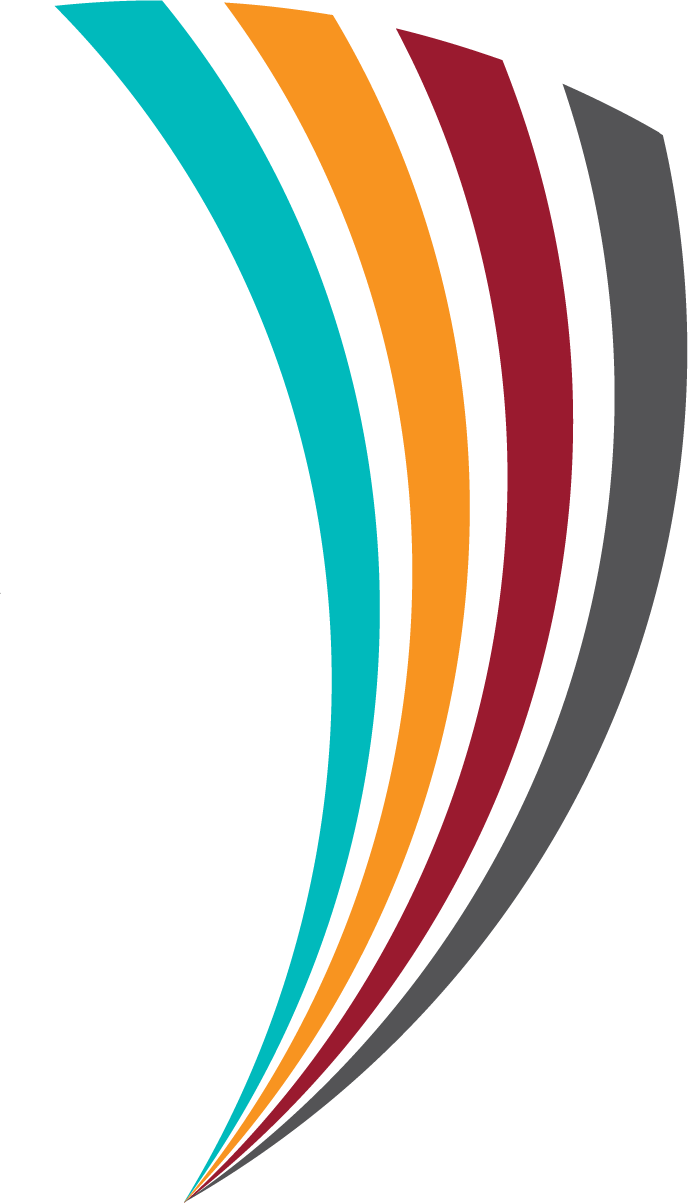Every 25th of May, Africa Day is celebrated, marking the founding of the Organization of African Unity (OAU) in 1963, which later became the African Union (AU). This year’s theme, designated by the AU, is “Justice for Africans and People of African Descent Through Reparations.” It is a profound invitation to the fundamental need to correct historical and contemporary inequalities, yet simultaneously imagining a future where Africa’s potential is fully utilised.
In this essay, we explore ways for African youth to redefine the continent’s leadership trajectory, by harnessing disruptive developments of their time, such as Artificial Intelligence (AI), synthetic biology, robotics, and quantum computing, to drive Africa’s economic and social progress, and ultimately place Africa at the center of global geopolitics.
African Youth: Redefining Leadership
Unlike many places around the world, Africa has the raw material for unparalleled transformation, enveloped in its youthful population, which shares 70% of the continent’s demographic spread.
It is projected that one in four people globally will be African by 2050. Whereas leadership on the continent may have failed us in the passing generations, this young generation likely holds the keys to redefining the future direction of the continent.
Already, there is demonstrable capacity within young Africans to lead through innovation and activism. For instance, challenges in health care, mining, and finance are being solved by tech-savvy youth competing under initiatives like the Presidential African Youth in Artificial Intelligence and Robotics Competition, which is hosted by the AU and South Africa’s Department of Trade, Industry, and Competition. These are the areas where the continent is experiencing shifts from traditional leadership models of yore to ones anchored in inclusive and creative problem-solving.
Young leaders like Chido Mpemba, the Special Envoy for Youth at the African Union Commission (AUC), are emphasizing that African youth are sitting back idle, waiting for invitations to the table. Not at all. Instead, they are becoming digitally savvy, socially conscious, and politically engaged. They are exercising their agency. It is up to governments to provide them access to capital, education, and decision-making spaces to fully realise their impact.
The African Union is also equipping youth with skills for the “Intelligent Age” through its initiative dubbed “Decade of Accelerated Action for Education (2025-2034),” which it launched at the 2024 Nouakchott Conference in Mauritania. African youth can transition from job seeking to job creating and drive the continent’s economic resilience and leadership by optimally prioritizing technical and vocational training, as outlined in the AU’s Plan of Action for Youth Employment (2019-2028).
Disruptive Technologies: Catalysts for Economic and Social Leapfrogging
As a continent that has suffered traditional development barriers, Africa now has a peculiar opportunity to leapfrog into modernity by adapting opportunities presented by the Fourth Industrial Revolution (4IR), including developments in AI, synthetic biology, robotics, and quantum computing. The challenges we face in the agricultural sector, the health crises, education backwardness, and infrastructure limitations, could be surmounted if these technologies are strategically harnessed. They present new potentials for propelling the continent forward economically and socially.
African industries are already being transformed by Artificial Intelligence (AI). Professor Vukosi Marivate, the ABSA Chair of Data Science at the University of Pretoria, is doing incredible work with Lelapa AI and the Masakhane Research Foundation, which focuses on developing AI for enhancing Africa’s linguistic diversity and enabling digital inclusivity by creating tools and datasets that can empower African communities while at the same time ensuring the preservation of African languages.
The AiAfrica Project is a premier repository for AI tools, models, and datasets developed by and for African innovators. It has so far trained more than 250,000 Africans in AI, and it has a solemn goal of reaching 11 million by 2028. Such African-led initiatives can create a skilled workforce which will develop localized solutions for the continent.
Other African-born initiatives, such as Food Indaba, are employing AI to optimise food systems and improve agricultural yields and logistics, which will address the continent’s food security and ensure that we can feed Africa’s growing population.
With emerging possibilities in synthetic biology, African youth can innovate nanofertilizers, whereby it takes only 10g per hectare. This makes the continent’s crop productivity multiply several times over, hence addressing the problem of food insecurity, which had been exacerbated by climate change.
There is also high potential for the transformative application of robotics. Already, Rwanda is demonstrating this by using Zipline drones to effect medical deliveries, thereby bypassing infrastructure gaps which had made the delivery of critical supplies to remote areas, especially given the country’s hilly terrain, which makes road construction difficult. Robotics can similarly be employed in mining to make the extraction of Africa’s natural resources more efficient and safer.
Whereas Quantum Computing is currently in its infant stage in Africa, it still offers future potential for solving several complex problems on the continent, such as facilitating in climate modelling, which help us to understand and predict climate changes more precisely, and test theories about the climate system in informed ways that can drive intelligent policy decision making and implementation.
In order to put these technologies to maximum use, Africa must ensure investment in local infrastructure, among which are data centers, in order to dramatically reduce reliance on foreign servers, which may never be reliable given the global competition in these fields. The landmark resolution made in Kigali this year at the 2025 C4IR Global AI Summit to establish a $60 billion fund aimed at building a robust AI ecosystem across Africa is a great step toward building compute power and talent on the continent.
Conclusion
Given the foregoing discussion, it is trite that the Africa Day 2025 theme of “Justice for Africans and People of African Descent Through Reparations” is not a mere reflection on past injustices suffered by the continent but mostly a call to action for a future where Africa leads, especially through its youthful population.
At the next Africa Day, we hope that this beautiful continent will be marking a turning point. We hope Africa will assert its role as a place for benchmarking and collecting blueprints for global progress. The age of Africa being a frontier to be explored has expired.




